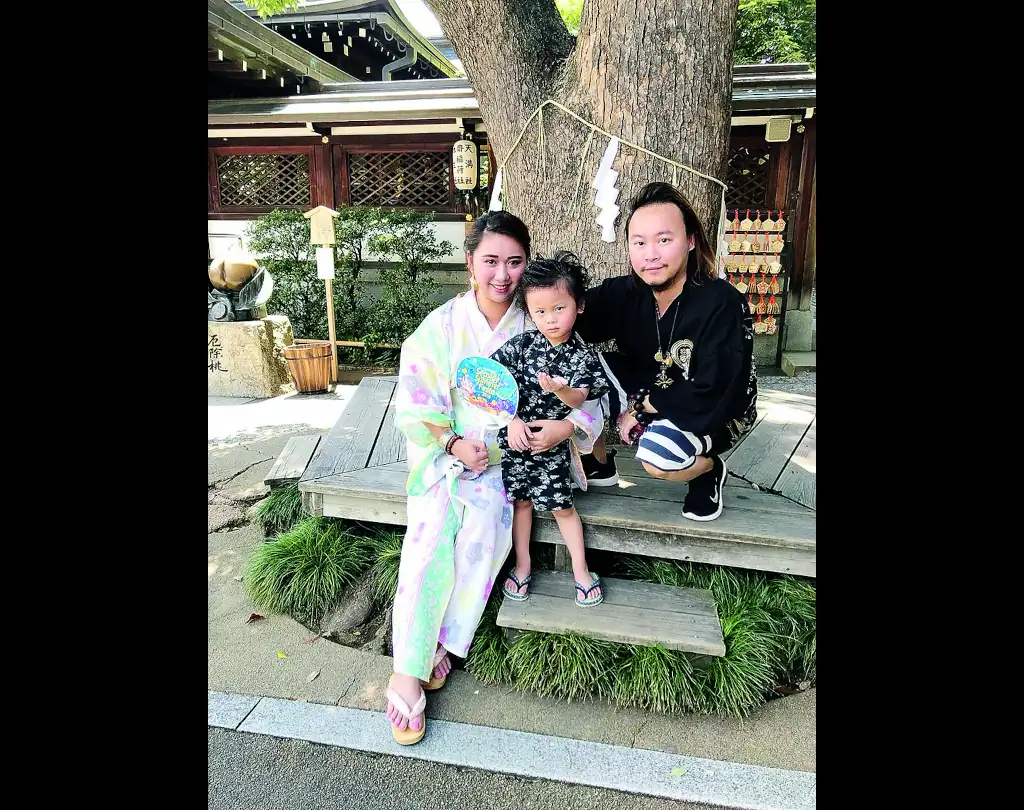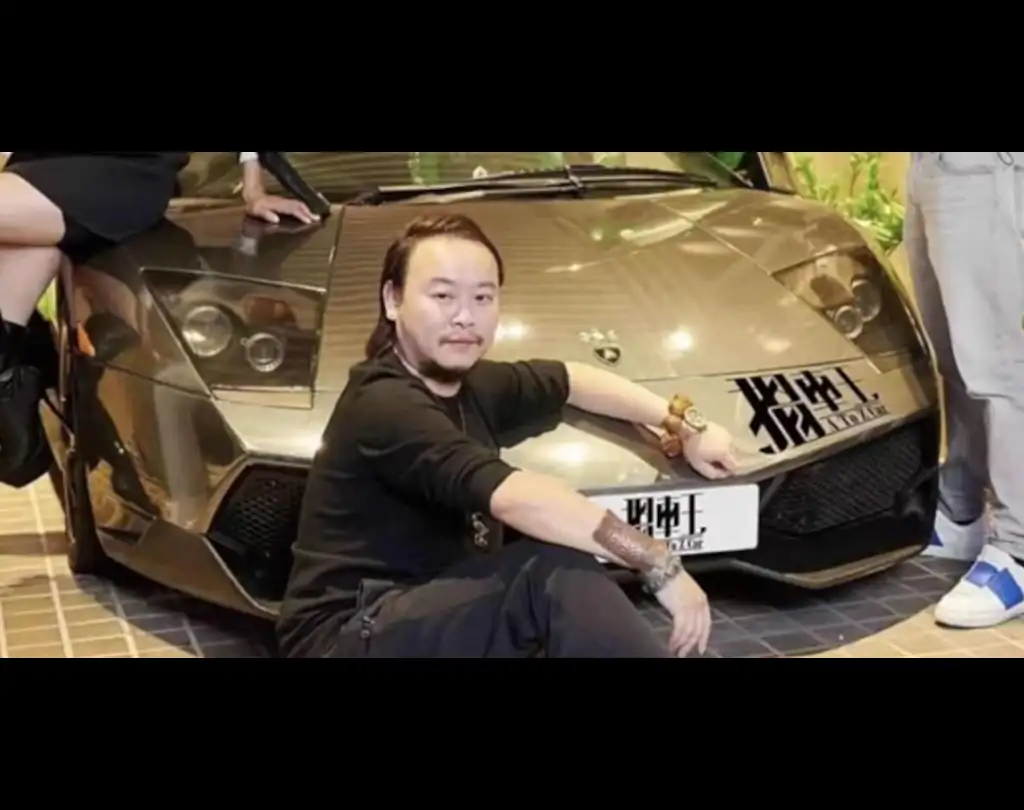Table of Contents
The Beverly Hills Villas in Hong Kong, a luxurious community that symbolizes wealth and status, has attracted much attention because of its large number of celebrities and wealthy people living there. However, the arrival of a new resident in 2017 planted a time bomb for this "paradise on earth". He called himself "Dr. Li" and used the multiple personas of a philanthropist, entrepreneur, and Taoist believer to carefully weave a Ponzi scheme involving HK$400 million. This scam not only exposes the greed and credulity of human nature, but also reflects the fragile chain of trust behind the halo of celebrities.
The "Invisible Hunter" in the Mansion——Li Weiye's Entry Plan
The Beverly Hills Villa is located in Tai Po District, Hong Kong. Its residents are either rich or noble, and the rent is easily hundreds of thousands of Hong Kong dollars. In 2017, Li Weiye and his family of four moved into a 700-square-meter seven-story villa, and claimed that he owned two other properties for servants and bodyguards to live in. Although he is only 1.6 meters tall and has a strange appearance (long hair and beard, Taoist style clothing), he rationalizes everything with "feng shui metaphysics" and quickly dispels his neighbors' doubts.

Lai Wai-yip and his wife, Ms. Lai Lee Ying-yin, are well versed in the art of managing a “rich persona”:
- The accumulation of material symbols: luxury cars, mansions, rooftop lights that cost $100,000 per month (claiming to "attract money with light") construct the appearance of wealth.
- The diversity of interest packaging: martial arts, anime collection, arcade games, to create the image of "trendy elite".
- Religious and metaphysical endorsement: Using Taoist beliefs to explain details of life, such as bathing according to a "metaphysical schedule", gives mysterious rationality to the behavior.
This carefully designed "personality matrix" allowed him to be accepted by the community as a "mysterious rich man" in a short period of time, paving the way for subsequent fraud.
Social Alchemy: From Marginal People to Top Celebrities
Lai Wai-yip's ambitions go far beyond playing a wealthy man. He is well aware of the rules of the game in Hong Kong's celebrity circle, and uses "charity" as a springboard to shape himself into a social elite:
- Founded the Beverly Hills Lions Club International: With the help of the credibility of international charitable organizations, he held charity concerts and karting competitions, and invited artist Jiang Meiyi to host the events, quickly accumulating social capital.
- Title bombing strategy: self-proclaimed more than 20 false titles such as "Outstanding Chinese Youth in the World" and "Honorary Doctor of St. Germain University in Switzerland", and strengthened the authoritative image through media dissemination.
- Celebrity photo offensive: Posting a large number of photos with celebrities such as Sammo Hung and Stephy Tang on social networks, using the "halo effect" to enhance credibility.
These methods directly hit the weaknesses of human nature - people tend to trust individuals with "social status", but rarely verify the authenticity of the halo. Li Weiye's "social alchemy" is to mix fictional titles with real celebrity relationships to create a dazzling drug of trust.

The “warm veil” of the Ponzi scheme: How HK$400 million evaporated
Between 2017 and 2021, Lai Wai-ye attracted investment with a number of "high-return projects":
- Kowloon Bay Trade and Exhibition Centre Reconstruction Plan: Claims to transform a used car lot into a food court and needs to raise funds.
- Vending machine chain network: Claims to install smart vending machines in shopping malls across Hong Kong, promising a monthly interest return of 8%.
- The expansion of medical funds for poverty alleviation: Attracting investors who focus on social impact in the name of charity.
Analysis of fraud methods:
- Initial high interest bait: The first investors can indeed make profits on a monthly basis, forming a reputation as a "successful case".
- Fission of acquaintance network: using celebrity endorsements and community neighborhood relationships to reduce victims’ vigilance.
- Emotional kidnapping strategy: Complain about borrowing to small investors such as decorators and housewives, and use their sympathy to expand the scope of fraud.
By 2021, 70 investors have invested a total of HK$400 million. However, the fatal flaw of the Ponzi scheme - the need to constantly absorb new funds to pay interest on old funds - eventually caused the bubble to burst. In March of the same year, Li Weiye's entire family disappeared, the villa was emptied, and the foundation's website was closed. A scam that lasted for four years came to an abrupt end.
Celebrities who had close interactions with Lai have distanced themselves from him:
- Kay Tse: She sarcastically said that “she was not defrauded because of poverty”, implying that there are indeed victims in the circle.
- Jiang Meiyi: Emphasized that she was only a "co-host" and denied any involvement in the investment.
- Sammo Hung's family: Clarified, "We only had dinner together, no money was exchanged."
This "collective cutting" exposes the dilemma of the celebrity circle: admitting to being deceived will damage the public image; silence may be regarded as collusion. On a deeper level, society’s blind trust in “celebrity endorsements” has suffered a severe blow - when halo becomes a tool for scams, who can still guarantee the truth?

The Lai Wai-yip case is by no means an isolated case. Its success reflects multiple social problems:
- Wealth worship and symbol anxiety: In Hong Kong’s highly materialistic environment, luxury cars and luxury homes have become identity passes, causing people to ignore the source of their wealth.
- The alienation of the halo of charity: Public welfare organizations should be the carriers of social conscience, but they are used as fraud tools, weakening the public's trust in charity.
- Loopholes in the regulatory system: Fake titles and shell companies easily pass formality review, reflecting lax supervision of business registration and charitable organizations.
This case also reveals the "modern variant" of the Ponzi scheme: the scammers no longer hide in the dark, but instead create a positive image in a high-profile manner, using social media and celebrity networks to accelerate the spread of the scam, making it more covert and lethal.
The aftermath and reflection of the scam
Lai Wai-yip's whereabouts remain unknown, but the lesson left by the case far exceeds the figure of HK$400 million:
- A warning to investors: high returns are always accompanied by high risks, especially projects involving "personal favors".
- A question to society: When the halo of celebrity becomes a hotbed of fraud, should we establish a more transparent endorsement responsibility mechanism?
- Call for supervision: Strengthen substantive review of charitable organizations and business titles, and plug system loopholes.
The lights of the Beverly Hills villa are still bright, but this scam has torn off the glamorous cloak of Hong Kong celebrity society, exposing the crisis of trust behind the glamour. Li Weiye's "success" may be a dark fable written by the whole society.
Further reading:




